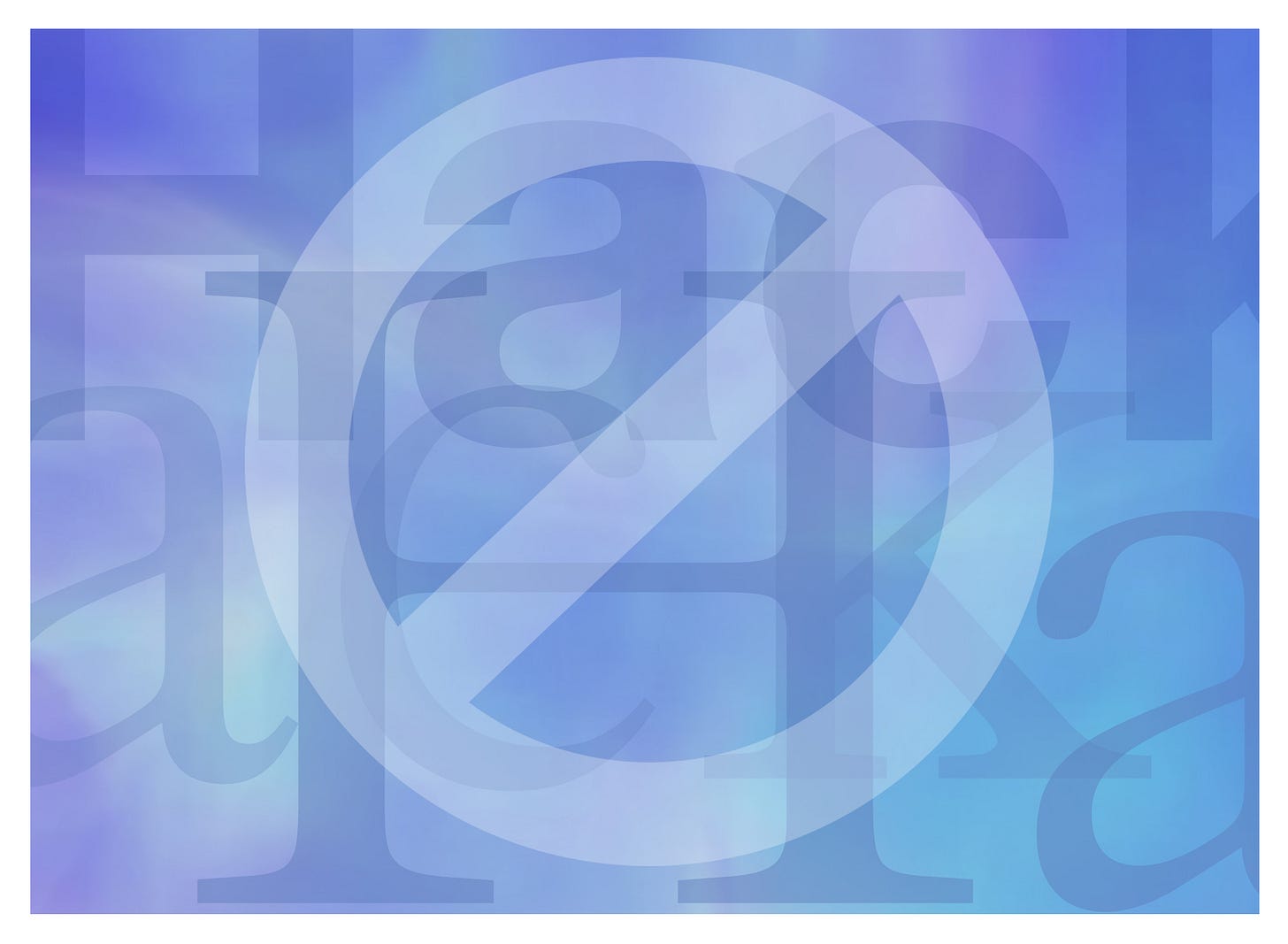I recently planted a seed in my son’s mind: Success is built on discipline, not degrees. I’ll spare you all the details of what our 18-year-old-going-on-30 young man is wrestling with, but the ethos of discipline as the foundation for success not only applies to him but is something I think about often. Especially in the context of health. My health. My family’s health. My friends’ health. Your health. It weighs heavily on my mind.
In general, I’m troubled by the state of our population’s health, which is at an inflection point. Statistics and outcomes aren’t lining up. Over the past 30 years, health care has usurped manufacturing as the leading employer in all but 10 states; yet for the first time in recorded history, life expectancy has fallen. The rates of life-debilitating illnesses, including cancer, cardiovascular, respiratory, and cognitive diseases, are rapidly climbing.
It begs the question: with more health care available than ever before, why are people sicker than ever before?
While it’s a complicated issue, I believe much of what ails American health begins in the mind. Going back to the ethos that my husband and I are trying to cultivate in our son, I’m convinced much of our health hinges on discipline—or the lack thereof.
Maybe that’s why I’m so perturbed by a pervasive colloquialism that in my estimation establishes a transient, lazy mindset… ultimately doing more harm than good. What is the subversive word that I loathe so much? All forms of “hack.” Hacking. Hacked. Biohack. Biohacking. Ack!
I don’t get it. I’ve always associated the word hack with negative connotations.
Look at that awful tree trimming, what a hack job!
He quit because he couldn’t hack it.
Her email was hacked, and her life was ruined.
Hack is rough, reckless, rash, undesirable.
So I was taken aback—in fact, I think I recoiled—when I first encountered the term “biohacking” as a positive notion. Ugh. Why would I want to rough-cut my biology? I thought it was a misnomer. But then, “hack” and “hacking” started emerging as catch-all words for the latest and greatest health and wellness shortcuts, quick fixes, band-aids, patches…again, in a purportedly positive way.
And it’s not just coming from people who are bent on using the latest, hippest language to appear to be in the know. Ostensibly intelligent health experts have adopted it into their language. Doctors. Scientists. PhDs. I’m mystified, and admittedly disappointed, when people whom I otherwise respect reference the implementation of the current “hack” du jour.
Now, any new, cutting-edge health product, practice, or protocol is immediately labeled a “hack.” Heck, there are even biohacking conferences!
Good grief. It’s everywhere.
Why so bothered?
From my perspective, “hacks” represent a mental attitude that is the opposite of what builds good health and lasting change. While I’m not suggesting that this temporal terminology is responsible for the slide in America’s health, the mindset it typifies is.
Most of the health hacks I’ve come across are practices that showcase the most advanced and up-to-the-minute modalities, but they may not have staying power or lasting impact. They are usually quick fixes with no guaranteed results that may or may not stick.
I have nothing against genuine time savers, workarounds, or alternative pathways. I focus a lot of my research and attention on becoming more streamlined and efficient, and I am curious about and evaluate new information all the time.
But “hacking” is different. Hacks are cheats. They bypass systems. They tend to be transitory and oversimplistic.
Lacking discipline, the seeds they plant fail to develop deep roots, which would support growth and weather storms. And, if sown on an unwell, unfit foundation, they create a health structure that will eventually crumble.
Lasting lifestyle habits
Consider for a moment the scientists and researchers who study centenarians: they do not report that these remarkable people biohacked their way past the 100-year mark. Rather, they discover long-standing, common-thread lifestyle habits that have resulted in an unusually long healthspan, free from decades of disease and pharmaceutical management.
Simple, daily, foundational habits formed over a lifetime that encompass movement, diet, community, and mindset. Habits that compound over time and have cascading effects throughout life.
Bestselling “Atomic Habits” author James Clear emphasizes that building healthy habits for well-being is about the process of habit formation, rather than solely on the desired outcome. He stresses the importance of focusing on systems rather than goals, as systems provide the framework for lasting impact. And small, consistent improvements can lead to significant changes in the long run.
That’s creating disciplined habits for maximum outcomes.
Closing thought
Could any of the uber-popular “biohacks” actually have promising long-term benefits that are worth considering? Yes, of course. I’m open to looking at all options on the table, and I often do. But I judge them based on their merit and evaluate whether it is feasible to adopt into my lifestyle as a lasting habit.
My beef isn’t with all the practices that fall into the biohack basket. It’s with the knee-jerk, ungrounded, one-and-done mindset they tend to cultivate. The “Oh, if I do this, I’ll add ten years to my life” thought process. Which, trust me, has little merit.
I prefer attainable, proven, disciplined lifestyle habits to live well, age great.
Let’s shift our mindset and stop using a negative word for positive outcomes.
The heck with hacks.








A hundred hacks to stay trim and well, Each hack with a miracle sell...
Camille gave a grin — “Where have we been?
Hacks won’t fix what you can’t tell..!